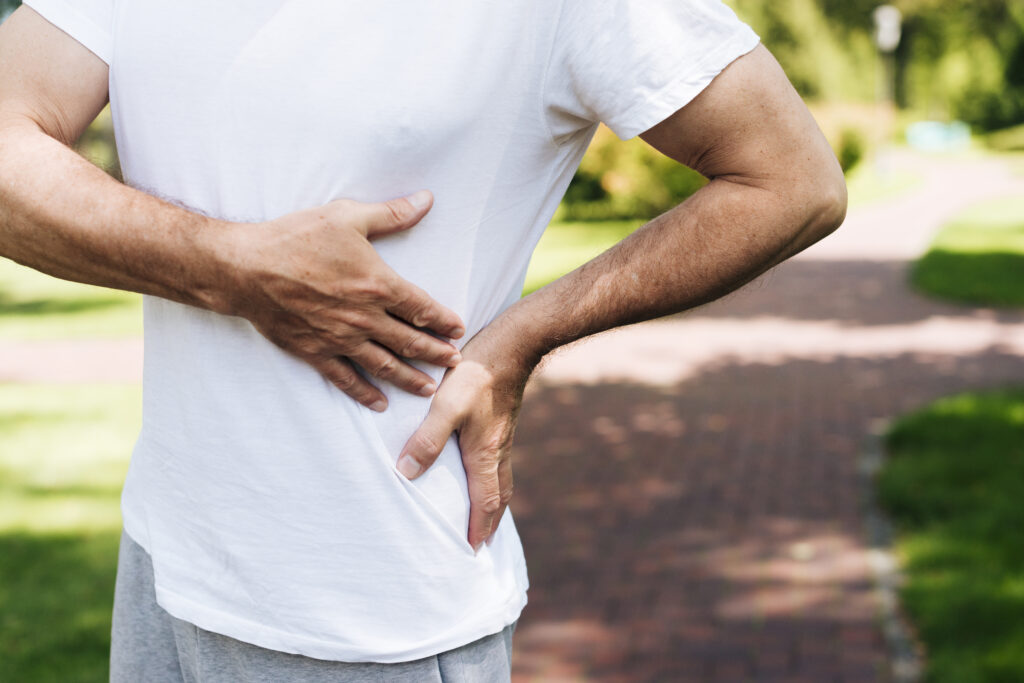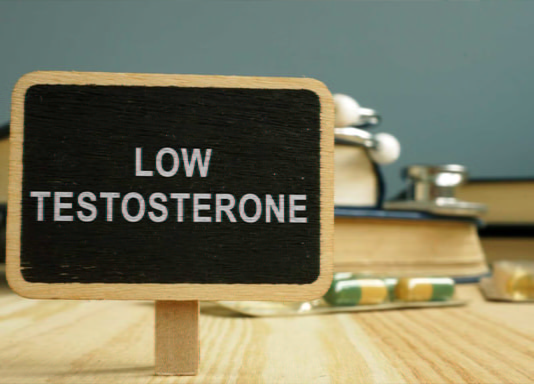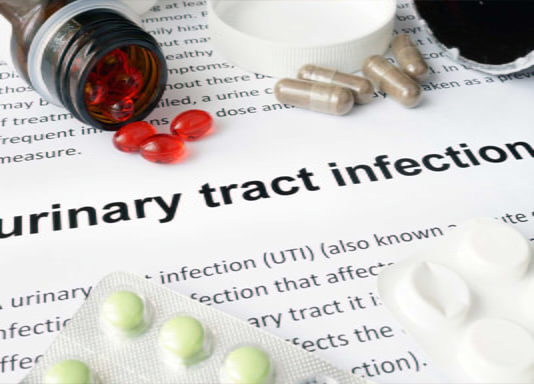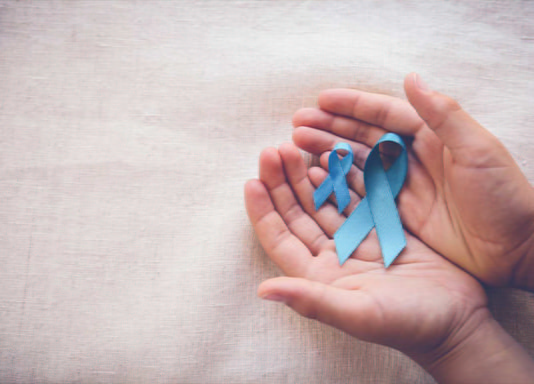Exploring Kidney Stones: Causes, Symptoms, and Treatment Options
Kidney stones, though small in size, can cause excruciating pain and discomfort. They are a common urological condition, and understanding their causes, symptoms, and treatment options is crucial for both prevention and effective management. In this comprehensive guide, we will delve into the world of kidney stones, shedding light on what they are, why they form, and how to deal with them.
What Are Kidney Stones?
Kidney stones, medically known as nephrolithiasis or renal calculi, are solid, crystalline mineral deposits that form in the kidneys or urinary tract. These stones can vary in size, from as small as a grain of sand to as large as a golf ball. Kidney stones may remain in the kidneys or travel down the urinary tract, causing blockages and severe pain when they do.
Causes of Kidney Stones
- Mineral Buildup: The most common cause of kidney stones is the buildup of minerals and salts in the urine. Calcium stones, including calcium oxalate and calcium phosphate, are the most prevalent type.
- Dehydration: Inadequate fluid intake can lead to concentrated urine, making it easier for minerals to crystallize and form stones.
- Diet: Consuming a diet high in oxalate-rich foods like spinach, beets, and nuts, or excessive sodium, can increase the risk of stone formation.
- Medical Conditions: Certain medical conditions, such as gout, urinary tract infections (UTIs), and digestive diseases, can raise the likelihood of developing kidney stones.
- Genetics: A family history of kidney stones can predispose individuals to the condition.
Symptoms of Kidney Stones
The symptoms of kidney stones can vary in intensity and may include:
- Severe Pain: Kidney stone pain is often described as one of the most agonizing sensations. The pain typically begins suddenly and may radiate from the back or side into the lower abdomen and groin.
- Urinary Changes: Frequent urination, urgency, and discomfort while urinating are common symptoms.
- Blood in Urine: Hematuria, or blood in the urine, can occur due to the irritation caused by the stone as it moves through the urinary tract.
- Nausea and Vomiting: Some individuals with kidney stones experience nausea and vomiting, often accompanied by the pain.
- Cloudy or Foul-Smelling Urine: Changes in urine color and odor can be indicative of kidney stones.
Treatment Options
The treatment of kidney stones depends on their size, location, and the severity of symptoms. Common treatment options include:
- Pain Management: Severe pain is often managed with prescription pain medications. Nonsteroidal anti-inflammatory drugs (NSAIDs) may also be used.
- Hydration: Drinking plenty of fluids can help flush out smaller stones. Staying well-hydrated is also crucial for preventing future stones.
- Medications: Medications like alpha-blockers may be prescribed to relax the muscles in the urinary tract, aiding in the passage of smaller stones.
- Extracorporeal Shock Wave Lithotripsy (ESWL): ESWL is a non-invasive procedure that uses shock waves to break up stones into smaller fragments, making them easier to pass.
- Ureteroscopy: This procedure involves passing a thin, flexible tube through the urethra and bladder to remove or break up stones in the ureter.
- Surgery: In some cases, surgical removal of larger stones may be necessary, particularly when they cause blockages or are associated with complications like infection or bleeding.
Prevention Strategies
Preventing kidney stones involves lifestyle modifications and dietary changes:
- Stay Hydrated: Aim to drink at least 8-10 glasses of water daily to keep urine diluted.
- Dietary Choices: Reduce the consumption of high-oxalate foods, sodium, and animal protein. Increase your intake of fruits and vegetables.
- Limit Sugar: High sugar intake may increase the risk of kidney stones. Avoid sugary beverages.
- Calcium Intake: Ensure an adequate but not excessive calcium intake. Speak to a healthcare provider about calcium supplements if needed.
- Monitor Salt Intake: Limit salt (sodium) consumption to reduce the risk of calcium-based stones.
- Medication: In some cases, medication may be prescribed to prevent stone formation, especially if you have a history of recurrent stones.
Conclusion
Kidney stones are a painful condition, but with proper understanding and management, they can be treated effectively, and future episodes can often be prevented. If you suspect you have kidney stones or are at risk, consult a healthcare provider for an accurate diagnosis and tailored treatment plan. Remember that staying hydrated and adopting a kidney-friendly diet are essential steps in reducing the likelihood of kidney stone formation and maintaining your overall urinary tract health.












